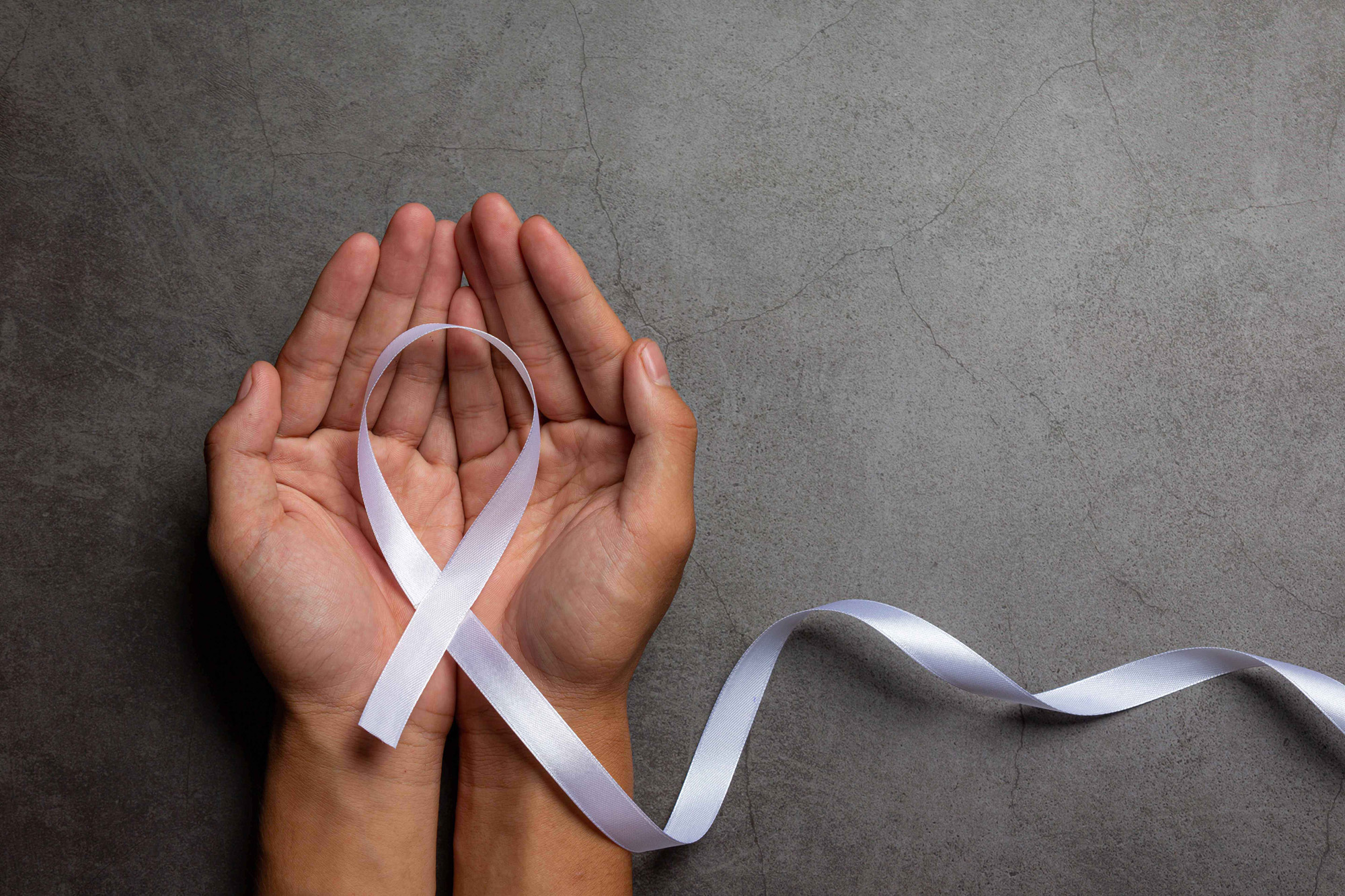Action Against Domestic Violence - Updated 15 March '21*
- 14 January 2021
This is not an easy subject to discuss, and not one you might expect a customer experience consultant to be talking about. So why am I? It’s with my “customers and staff in vulnerable circumstances” hat on that I’m moved to write.

I came across a campaign called 16 Days Of Action Against Domestic Violence at the end of last year that ran from 25th November to 10th December 2020 right at the end of the campaign and although the campaign ended, the violence didn’t stop. You may have seen Safeguarding Minister, Victoria Atkins launching a new codeword scheme earlier today (Thursday, 14th January). From today if you are a victim of domestic violence you can now go into any participating pharmacy and “Ask For ANI”. The trained pharmacy staff will then take you to a safe room where you can be given immediate help. ANI stands for “Action Needed Immediately”. I’m delighted to see that this issue is still being discussed and being given airtime.
Those living in abusive and violent circumstances are our customers and our staff and surprisingly there are more UK residents living in these situations than you think. This is not one to brush under the carpet or turn a blind eye to.
In 2019 it was estimated that 2.4 million adults (both men and women) in the UK were victims of domestic violence. The 16 Days of Action Against Domestic Violence initiative (supported by PHE) “was aimed at businesses that lack an infrastructure to deal with the large-scale problem that is domestic violence. As it stands, companies can do more to aid their employees who endure domestic violence, train those who witness it, and to protect staff as a whole, with the goal of securing safety and mitigating financial loss.”
In the middle of March 2020, life as we knew it changed, our government’s advice to “Stay At Home”, “Work From Home If You Can” were aimed at reducing the spread of Covid-19. For many of us it was reassuring to know that we could be with our families in these tumultuous times, but for some those few simple words brought fear and terror, keeping them at home with an abusive partner and out of sight of those who may have been able to help. With staff working from home and self-isolating, it’s become much more challenging for employers and indeed friends, family and neighbours to be able to spot the signs of domestic abuse.
An Office for National Statistics (ONS) report in November 2020 revealed that “There has generally been an increase in demand for domestic abuse victim services during the coronavirus pandemic, particularly affecting helplines as lockdown measures eased; this does not necessarily indicate an increase in the number of victims, but perhaps an increase in the severity of abuse being experienced, and a lack of available coping mechanisms such as the ability to leave the home to escape the abuse, or attend counselling.”
So, with working from home expected to continue for some time yet, I wanted to highlight the issue and help employers to understand the scale of the issue and signs that they can look out for.
- 25% of women and 16% of men are affected by domestic violence during adulthood. All things being equal that’s 1 in 4 of your female, and 1 in 6 of your male, workforce.
- 58% of abused women will miss at least 3 days of work a month. That equates to 7 working weeks a year and is unlikely to go unnoticed, but are you aware of the cause?
- 56% of abused women will arrive late for work at least 5 times. Again, this is likely to be tracked.
- 75% of people who endure domestic abuse are targeted at work.
- 33% of all domestic violence homicides happen on workplace grounds. This statistic I found particularly shocking.
Source www.16daysofaction.co.uk
In a traditional workplace setting we might be able to spot something from the following indicators
- Repeated injuries for which excuses are made.
- Changes in personality, your once bubbly staff member is no longer the life and soul of the team.
- Constantly checking in with their partner, either receiving from or making calls or home to check in.
- Being overly worried about keeping a partner happy, are they seeking your reassurance that what they’re doing or have bought a partner is ‘good enough’.
- Never having any money to hand. When those collections take place for a colleague’s birthday gift or leaving present
- Missing work social events for no obvious reason other than “I can’t tonight…”
- Wearing clothes that don’t match the season e.g., long sleeved tops in the height of summer to hide bruises and marks.
As we’re back in Lockdown again and we’re working from home, we may not get these opportunities to notice these signs in our colleagues, but we retain a duty of care to our employees. So, we need to think creatively about how we can support our staff whilst at home. Have you already put steps in place? What will you do?
Employers are familiar with their duty of care, as they are familiar with anti-harassment, discrimination, and bullying within their codes of conduct. As a result of these codes domestic violence falls under an employer’s duty of care. In addition to this, employers are responsible for the health and safety of their employees, be it physical or emotional, under the Health and Safety at Work Act 1974 and the Management of Health and Safety at Work Regulation 1992. This gives employers legal responsibility to act should an employee be targeted at work in order to protect both the person enduring and their co-workers.
We won’t be in lockdown or restrictive tiers for ever, but when we do return to the office, it may not be in the same way it once was back in the day so it’s time to give this issue some thought. What safeguarding can your organisation put in place for home workers?
If you are ready to discuss this issue within your organisation there’s a full toolkit of help available at https://16daysofaction.co.uk/toolkit/
To find out more about our Government’s new codeword scheme “Ask for ANI” please visit https://bit.ly/3quzLCr
* Like so many, we're shocked and saddened by the tragic news of the death of Sarah Everard and have since become aware of a simple hand signal that lets people know you're in danger. This case has sparked a national conversation about women's safety, with many sharing harrowing stories on social media about the abuse they have suffered. To find out more about the hand signal, including how to do it, please take a moment to read more in this Sky News report CLICK HERE
If you’ve already taken action, perhaps having a codeword in your organisation, having briefed or trained your first aiders (both physical or mental health) and your HR teams, let's share some ideas on social media to highlight this most important subject.
Elaine Lee
MD, ReynoldsBusbyLee Ltd




